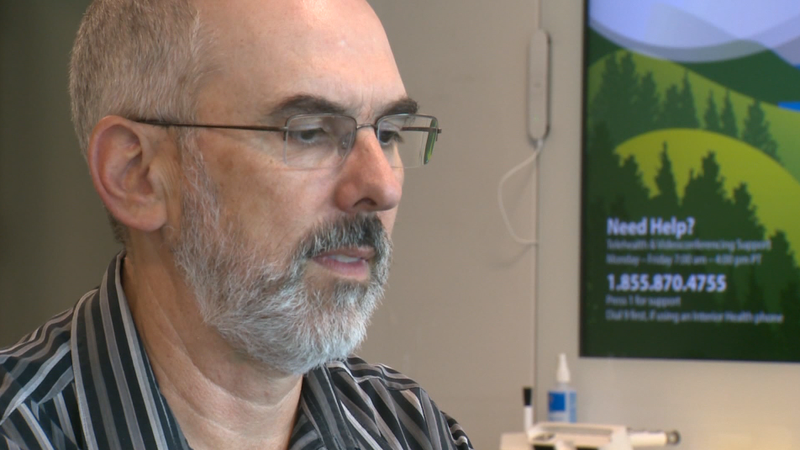I’ve spent the last four days reviewing parole documents, court transcripts, and speaking with legal experts about a case that has sent ripples through British Columbia’s medical community. The former chief medical health officer for Interior Health, who was convicted of child sex crimes in 2020, has been granted parole after serving approximately half of his prison sentence.
According to Parole Board of Canada documents obtained through a freedom of information request, the 57-year-old physician was released from custody last month under strict conditions. He had been serving a sentence for attempting to arrange sexual contact with what he believed was a 12-year-old child – actually an undercover police officer during a 2017 sting operation in Grand Prairie, Alberta.
“This early release follows standard protocols for first-time offenders who demonstrate rehabilitation potential,” explained Jennifer Metcalfe, a Vancouver-based lawyer with expertise in corrections law. “The board weighs public safety concerns against evidence of an individual’s progress in treatment programs.”
The former health official’s fall from grace shocked colleagues throughout B.C.’s medical establishment. Prior to his arrest, he had overseen public health initiatives across Interior Health’s vast jurisdiction, which serves approximately 750,000 residents. His conviction resulted in the immediate suspension of his medical license by the College of Physicians and Surgeons of British Columbia.
Court records from his 2020 trial reveal disturbing details. The physician had traveled to Alberta allegedly expecting to meet a child after explicit online communications. Evidence presented showed he had brought candy and sexual items to what he thought would be an encounter with a minor.
During his incarceration, prison psychologists assessed him as having made “significant progress” in treatment programs, according to the parole documents. His risk assessment was downgraded from “moderate-high” to “moderate-low” following completion of a specialized program for sex offenders.
The Canadian Association for Sexual Assault Centres has expressed concerns about the decision. “We respect the parole board’s process, but these types of crimes leave lasting trauma,” said Maria Wong, the organization’s spokesperson. “Early release decisions need to consider the message they send to survivors.”
The strict conditions of his parole include prohibitions on using the internet except for specific approved purposes, restrictions on being near places where children gather, and regular meetings with a parole officer. He must also continue therapeutic treatment and is barred from practicing medicine.
I spoke with Dr. Elizabeth Chen, a medical ethics professor at the University of British Columbia, about the broader implications for healthcare institutions. “Health authorities must balance rehabilitation principles with their paramount duty to protect vulnerable populations,” she said. “This case highlights the need for robust screening and oversight mechanisms for those in positions of trust.”
Statistics from the Correctional Service of Canada indicate that approximately 40% of federal offenders receive some form of conditional release before completing their full sentences. Research published in the Canadian Journal of Criminology suggests that supervised reintegration typically leads to lower recidivism rates compared to releasing offenders directly from prison after completing full sentences.
Interior Health has implemented enhanced background check procedures since the case came to light. A spokesperson confirmed they’ve strengthened their vetting process for all employees working with vulnerable populations, though declined to comment specifically on this case.
For communities across B.C.’s interior, the news has reopened wounds. “There’s still anger here,” admitted a local health worker who requested anonymity due to workplace policies. “People trusted him with public health decisions that affected their families.”
The former physician’s identity remains protected under a publication ban related to another individual involved in the case. While he has served time for his crime, the impact of his actions continues to reverberate through the healthcare system and communities he once served.
As this story develops, questions remain about how health authorities balance redemption with accountability, and how communities reconcile the public service of a medical professional with the serious nature of their criminal actions.






